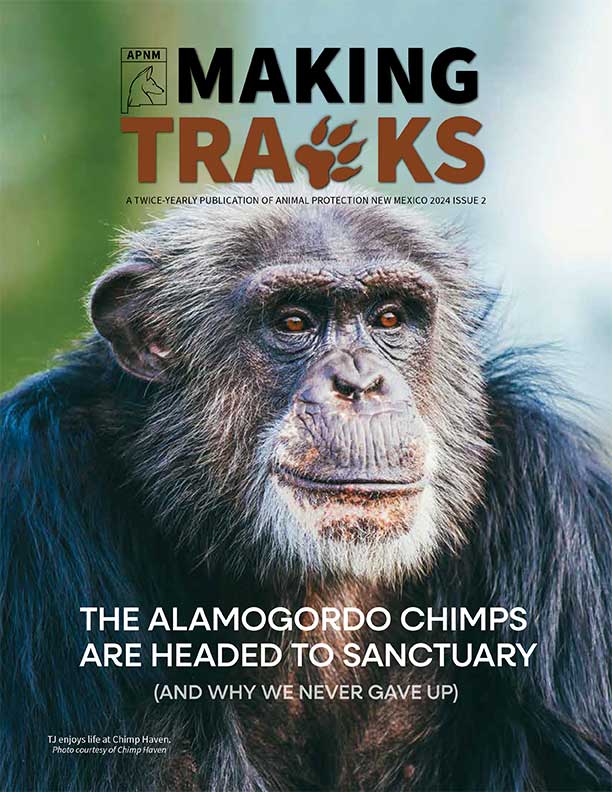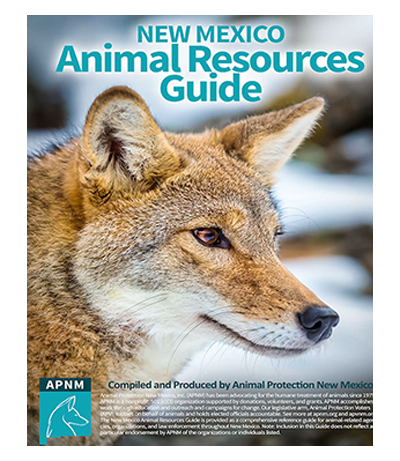
The most common question vegans are asked is, “Where do you get your protein?” Many people are surprised to discover that meeting their protein needs on a plant-based diet is easy by enjoying a variety of fresh, delicious foods. In this article we will dive into how plant-derived protein sources supply the essential nutrients needed for a healthy, plant-based lifestyle.

High-Protein Plant-Based Foods
A common misconception is that a plant-based diet lacks adequate foods with enough protein to power our bodies. If you’re interested in a plant-based lifestyle, or you want to know more, try incorporating these protein-rich plant-based foods and accompanying recipes into your diet:
- Soy Products: Tofu, tempeh, and edamame are all protein-rich sources! Tofu, made from pressed soy curds, comes in a variety of textures for any type of meal. Tofu can be “scrambled” (“Tofu Scramble”) to mimic an egg, or it can be marinated, roasted, or grilled like a steak (“Tofu Steak”). Tempeh is fermented soy with a pleasantly nutty flavor that’s perfect for a veggie stir-fry (“Stir Fry”). Edamame, or young green soybeans, often found in the frozen food aisle, make a great snack or can be an added ingredient for any type of salad.
- Seitan: Nicknamed the “wheat meat,” seitan is made from wheat gluten and packs about 25 grams of protein per 3.5-ounce serving. Its chewy texture makes it a popular meat substitute, and it can even be made into BBQ (“BBQ Seitan Brisket”).
- Lentils: Lentils should be a staple in a plant-based diet. Just a cup of cooked lentils delivers 18 grams of protein and is a great source of fiber, potassium, and folate. Lentils are extremely versatile and can be eaten year-round. They are often made into soups (“Lentil Coconut Curry Soup”) or even tacos (“Lentil Tacos”).
- Beans and Peas: Black beans, kidney beans, chickpeas, and green peas are adaptable, high-protein ingredients that are perfect for soups, stews, curries, and salads. Like lentils, the versatility of these legumes means that you can eat them year-round, and they are relatively inexpensive in bulk or canned forms. Try a “Black Bean Mole” or a “Mango Black Bean Salad”.
- Nuts and Seeds: Almonds, walnuts, pistachios, and peanuts offer high protein and a healthy dose of fats. Other seeds like hemp, chia, and flax also provide a nutritional boost, especially when sprinkled over oatmeal or smoothies. Try this “Vegan Protein Mix” packed with all these seeds.
- Nutritional Yeast: With its natural cheesy flavor, nutritional yeast packs significant protein (8 grams per serving). Nutritional yeast is a vegan pantry staple—and it’s often fortified with vitamin B12—that is often used to make “Vegan Parmesan” or even “Vegan Creamy Alfredo Sauce.”
- Certain Grains: Quinoa and amaranth stand out as grains that are not only rich in protein (8 grams of protein per serving), but are also considered “complete proteins,” which contain all nine essential amino acids. Quinoa is often used in salad “bowls,” like this “High-Protein Quinoa Ranch Salad.”

Do Vegans Need to Combine Proteins at Every Meal?
Not at all! The myth that vegans must meticulously “combine proteins” is outdated. If you eat a variety of protein sources throughout the day, your body maintains a pool of amino acids to draw from and builds the proteins it requires. Many traditional dishes—like any of the recipes we’ve shared—naturally include complementary proteins.
What is protein, and how is it important to our bodies?
According to The Harvard School of Public Health, protein is “an essential macronutrient” found in muscle, skin, and in every body part or tissue. As a basic building block (or amino acid), protein helps your body repair cells and make new ones. But our bodies cannot make protein. Instead, it comes from the foods we eat. Without protein, our bodies become deficient or malnourished, which can lead to issues such as bone growth problems, muscle loss, decreased immunity, and a weakened heart and respiratory system.

Final Thoughts
A well-planned vegan diet can provide all the protein and essential nutrients your body needs. By enjoying a wide variety of plant-based foods and being mindful of certain nutrients, you can thrive on a vegan diet—no animal products necessary!
Are there vegan foods or nutrients you’d like to know more about? We’d love to hear from you! Contact: plantbased@apnm.org.
Don’t forget to visit APNM’s Plant-Based Recipes page and try out some of our amazing recipes!




